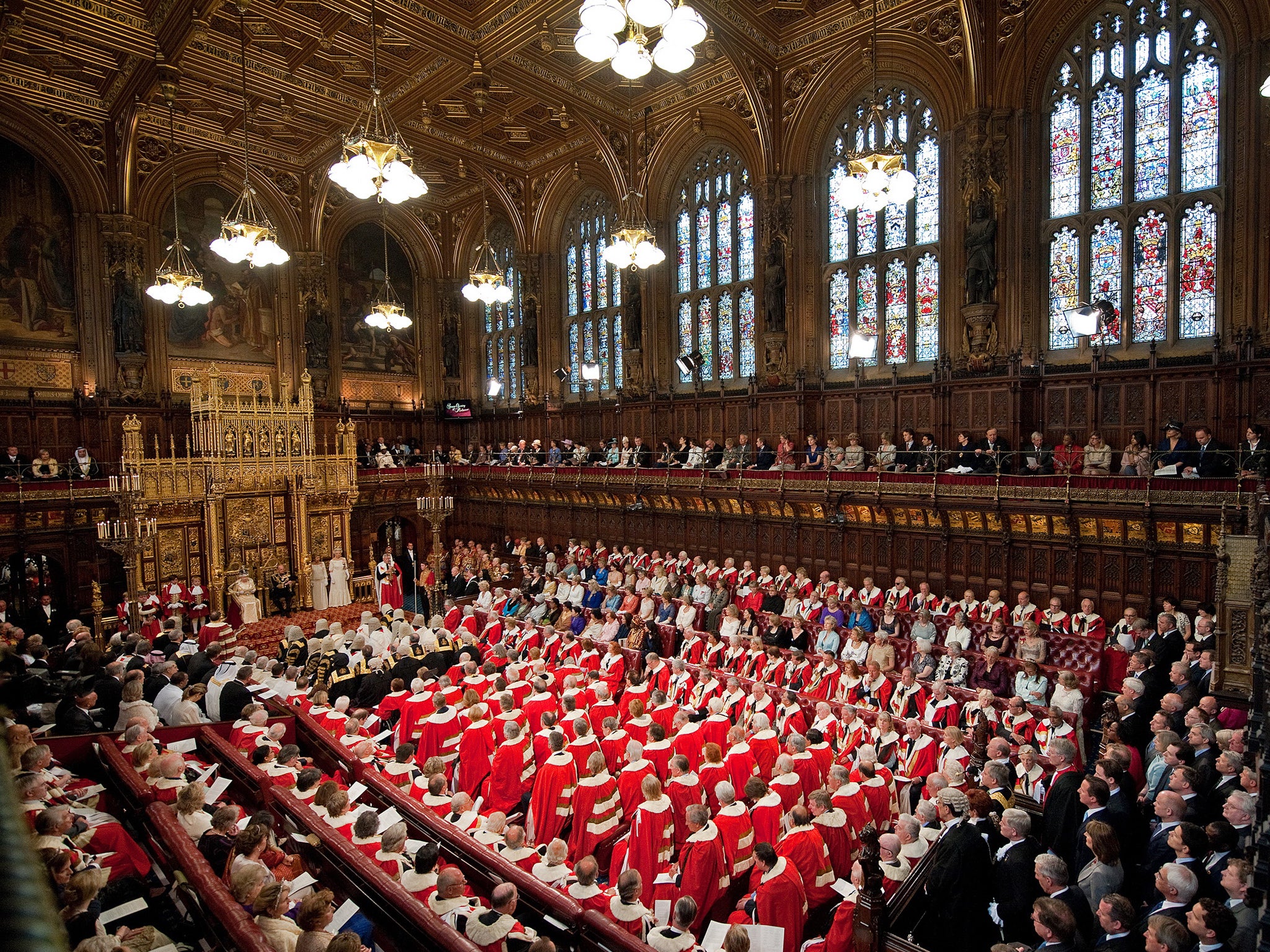Brexit: UK must maintain ‘unhindered’ flow of EU citizens’ data after leaving the bloc, say Lords committee
After Brexit, British companies trading with the EU will have to comply with the strict rules the EU imposes on anyone taking data from consumers in the bloc

Your support helps us to tell the story
This election is still a dead heat, according to most polls. In a fight with such wafer-thin margins, we need reporters on the ground talking to the people Trump and Harris are courting. Your support allows us to keep sending journalists to the story.
The Independent is trusted by 27 million Americans from across the entire political spectrum every month. Unlike many other quality news outlets, we choose not to lock you out of our reporting and analysis with paywalls. But quality journalism must still be paid for.
Help us keep bring these critical stories to light. Your support makes all the difference.
A House of Lords committee has said restricting the movement of EU citizens' data after Brexit would hurt trade and security co-operation, and transitional arrangements should be made by the Government to keep information flowing after Britain leaves the bloc.
After Brexit, British companies trading with the EU will have to comply with the strict rules the EU imposes on anyone taking data from consumers in the bloc.
However, suspicions in Europe that London tolerates more intrusion by security agencies than in countries such as Germany might result in Britain facing demands for even tighter rules for handling EU citizens' data, experts have said.
A House of Lords committee said on Tuesday that Britain could be put at a competitive disadvantage and the police could lose access to intelligence, if the government failed to retain unhindered flows of data.
Michael Jay, chairman of the House of Lords EU home affairs sub-Committee, said the volume of data stored electronically and moving across borders had grown hugely over the last 20 years.
“The maintenance of unhindered data flows is therefore crucial, both for business and for effective police cooperation” he said on Tuesday.
“The Committee was concerned by the lack of detail on how the government plans to maintain unhindered data flows post-Brexit.”
He said the Government should ensure that a transitional arrangement was agreed to avoid a cliff-edge for data transfers when Britain leaves the European Union in less than two years.
Reuters
Subscribe to Independent Premium to bookmark this article
Want to bookmark your favourite articles and stories to read or reference later? Start your Independent Premium subscription today.
Join our commenting forum
Join thought-provoking conversations, follow other Independent readers and see their replies
Comments